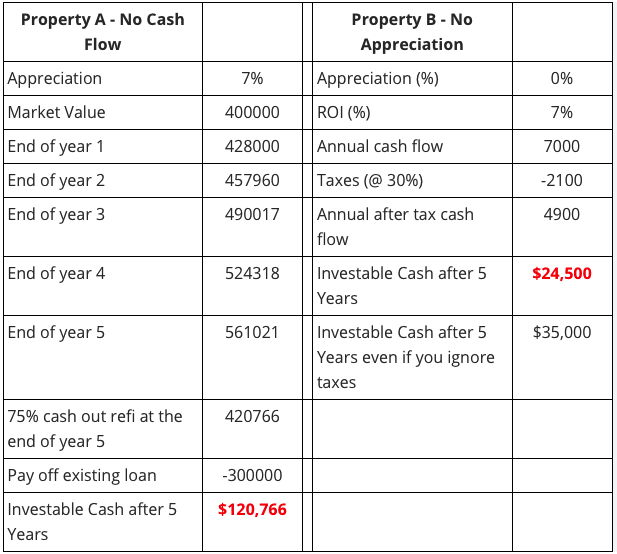Buying & Selling Real Estate
Market News & Data
General Info
Real Estate Strategies

Landlording & Rental Properties
Real Estate Professionals
Financial, Tax, & Legal



Real Estate Classifieds
Reviews & Feedback
Updated over 3 years ago on . Most recent reply
What are good BRRR markets for new investors?
Hi everyone, I am a new investor and am looking to complete my first BRRRR deal. I am based in SF/LA and with the sky high purchase prices here, I'm not seeing much based on my budget. Wanted to get started with getting a deal and creating some momentum, would love your help!
What are some good markets in-state or out-of-state to get my first 1-3 deals?
What am I looking for?
Property Type: 1-4 unit SFR
Purchase Price: up to $350k
Type of Purchase: Cash Buyer or up to 80% down payment
Condition: Minor to Medium Rehab (depending on the ROI and comps, could go Major)
Desired Cash On Cash Return: $200+ / month / unitROI %: 15%+ < X
Timeline: 3 months or less
What are you guys seeing out there and based on my criteria, is this doable? Where should I be looking? Also, open to working with wholesalers, real estate agents, property managers, lenders and other investors. Feel free to reach out! Thanks!
Most Popular Reply
Hello @Toan Dang,
Markets with high appreciation are best for BRRRR. You might think low-cost fix and refinance properties are your best option, but that is not the case. You can pull cash out only once with a low-cost fix and refinance. In a high-appreciation market, you could refinance and pull cash out multiple times over the life of the property. Also, when evaluating markets, ignore the COVID madness times; locations that have been flat for years started appreciating; look at the appreciation rate over the ten years before COVID.
I put together the following table to show the advantage of appreciation vs. cash flow over five years. While this is an oversimplified example (based on a 25% down $400,000 property), you can see the advantage of an appreciating market. We and our clients refinanced and pulled cash out using a refi multiple times.

A common statement I get from people concerning appreciating markets is that you cannot count on appreciation continuing. Not true (except for the boom and bust times. For example, the run-up to the 2008 crash of Las Vegas). Appreciation (or lack of appreciation) is a symptom of long-term underlying economic conditions like job quality and quantity, location desirability, population growth, etc. And, like a large cargo ship, markets have tremendous momentum and do not change quickly. For example, is there a two or ten-year method to transform Detroit into a highly desirable location to live in? No. I see no possibility Detroit will reverse its decline.

So, what can you count on? If you buy in a declining market (any market where appreciation and rent increase are below the inflation rate), your cash flow and home value will decline. Also, if you buy in an appreciating market, your cash flow and value will appreciate.
What is the actual impact of buying in a declining market? People purchase properties for passive income they can rely upon to have a better life. However, inflation is constantly eroding the buying power of money. So, unless rents are increasing at or above the inflation rate, the quantity of goods you will be able to purchase will decrease over time, as will your standard of living. Could you have rent growth and still have declining buying power? Yes. See the chart below.

For example, if the rent starts at $1,500/Mo and increases 4% per year, you've lost 12% in buying power after five years (at the current inflation rate). If rents increase 2% per year, you've lost 57% in buying power after ten years. Inflation is why you should only buy properties in a location where rents and prices are increasing at or above the inflation rate.
Toan, I hope this helps.
- Eric Fernwood
- [email protected]
- 702-358-8884
